Printed Skin to Replace Animal Testing
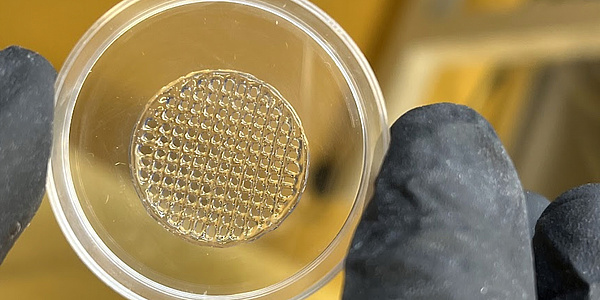
A research team from TU Graz and the Vellore Institute of Technology in India is developing a 3D-printed skin imitation equipped with living cells in order to test nanoparticles from cosmetics without…

A research team from TU Graz and the Vellore Institute of Technology in India is developing a 3D-printed skin imitation equipped with living cells in order to test nanoparticles from cosmetics without…
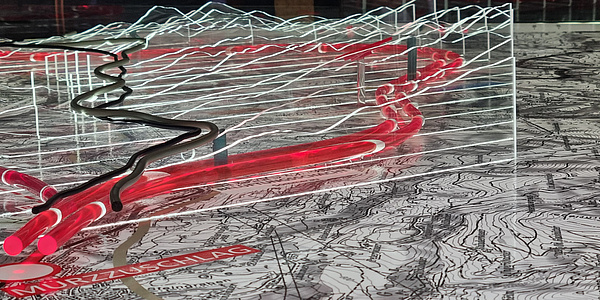
To learn something at university, you don’t always have to go to the lecture hall or library. Sometimes one of Austria’s most famous construction sites is the perfect place for this.
One topic, but a multiplicity of angles and perspectives.
Climate change is omnipresent.
And it is also having an impact on our cities.
Scientists at TU Graz are researching how urban
living spaces can respond to these changes.
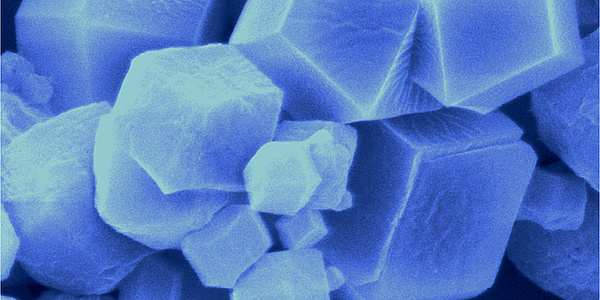
A research team led by Paolo Falcaro has developed a microporous crystal compound that signals whether protein-rich foods are spoilt. The ERC grant is now being used to explore practical applications.
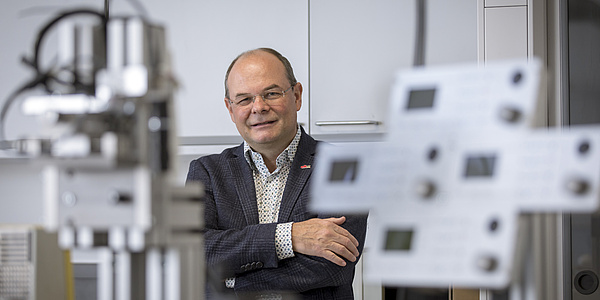
The European Research Council is funding a consortium consisting of the Helmholtz-Zentrum Hereon, ETH Zurich and TU Graz with a total of 10 million euros. TU Graz researcher Gerhard A. Holzapfel…
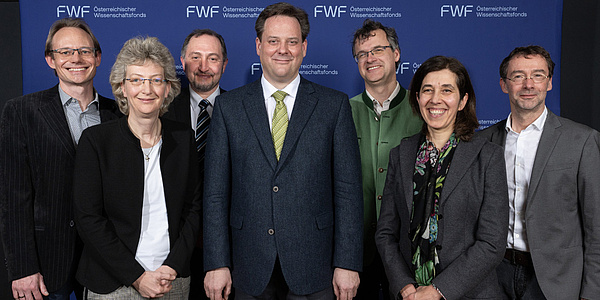
In the collaborative project “Circular Bioengineering”, researchers at five universities are developing methods and processes for producing sustainable bio-based chemicals and materials. The funding…
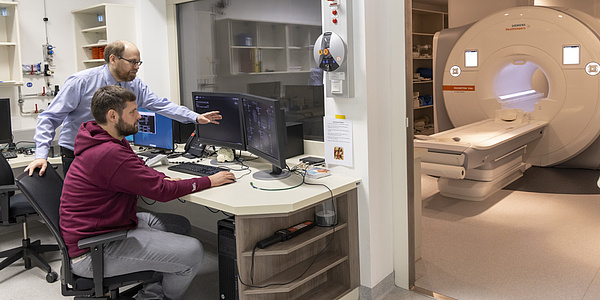
Using smartly trained neural networks, researchers at TU Graz have succeeded in generating precise real-time images of the beating heart from just a few MRI measurement data. Other MRI applications…

In contrast to annual plants, perennial wheat offers a more diverse microbiome and has a significantly lower impact on soil and environment – as has just been proven by researchers at TU Graz’s…

Researchers at TU Graz have published a video game about the health effects of the microbiome and what impact our lifestyle has on it.
![[Translate to Englisch:]](https://www.tugraz.at/fileadmin/_processed_/c/3/csm_Banner_AdobeStock_612446404_Editorial_Use_Only_by-Sven_Kreutzer_Wirestock_Creators_006119159a.jpg)
One of the first major studies on abrasion emissions from rail vehicles shows that a lot of particulate matter contaminated with heavy metals is produced especially along railway lines.
Monthly Newsletter about current Researchtopic at Tu Graz. Follow now.
TU Graz | Communications and Marketing
Rechbauerstraße 12, 8010 Graz
+43 316 873 6005
kommunikation@tugraz.at